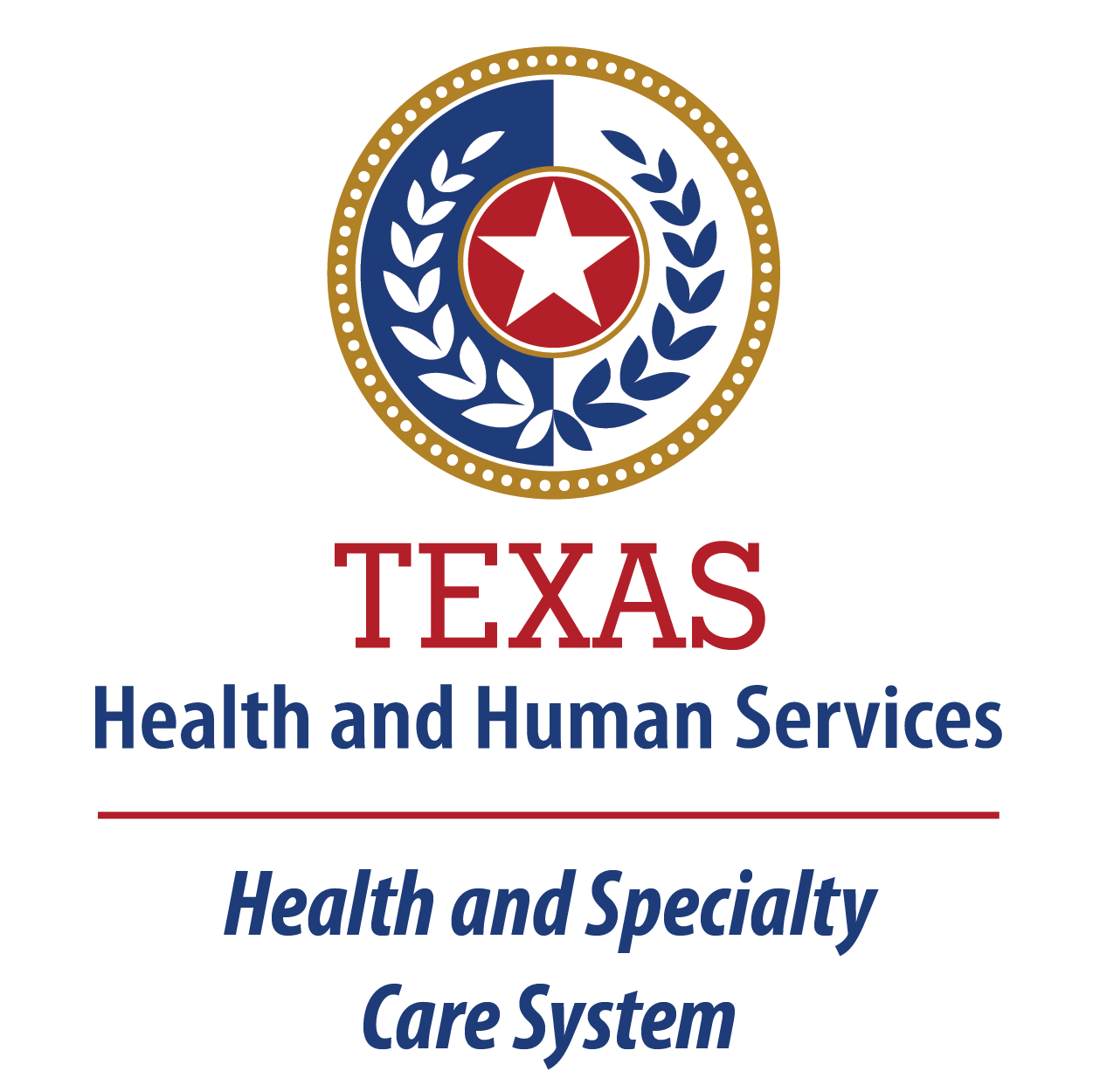Physician Job Search: Opportunity Details
Opportunity Criteria
Physician II (Part-Time) Opportunity @ Rio State Center
The Physician II performs advanced (senior-level) clinical work. Work involves providing medical treatment to patients in the state hospital by obtaining a thorough medical history, comprehensive physical examinations, and assessing the impact of physiological, psychological, and/or behavioral factors to determine the cause(s) of the medical problem or injury. The Physician II develops treatment plans and/or administers specialized medical treatments and procedures; monitors medical trends and makes recommendations for improvements in the hospital; and provides treatment for minor injuries to state hospital employees who are injured in the course and scope of employment. Provides clinical supervision of other staff as needed. Works under limited supervision, with considerable latitude for the use of initiative and independent judgment.
Apply Directly via Texas Health and Specialty Care System: CLICK HERE
Essential Job Functions (EJFs):
- Ensures medical treatment is provided to state hospital patients by conducting physical examinations, diagnostic evaluations, and documenting the medical histories. Reviews test results in a timely manner and addresses abnormal test results. Refers to outside specialists when appropriate.
- Performs, and interprets diagnostic tests, and prescribes, recommends, and administers the course of treatment. Monitors the treatment and accurately documents the justification and course of treatment in the electronic medical record. Advises staff on patients with unusual or difficult medical problems.
- Consults with the patient’s primary physician and other members of the multidisciplinary treatment/recovery team, ensuring that comprehensive health care is provided.
- Participates in the hospital quality assessment performance improvement program by serving on committees and developing, implementing, monitoring, and evaluating performance improvement plans and health policies. Develops clinical guidelines, health education, and other resources for patients and/or direct care staff. Provides clinical supervision of other staff as needed.
- As issues are identified, participates in the development of corrective actions and monitors the effectiveness of those actions. Presents recommendations on hospital policies and new forms of treatment and the need for equipment and staff.
- Practices in a clear, precise manner that reflects esteem and respect for the patient and family members.
- Designs, facilitates, and manages medical services and participates in research protocols or serves on the Institutional Review Board (IRB) for research as requested.
- Provides treatment for minor injuries to state hospital employees who are injured in the course and scope of employment as requested.
Knowledge, Skills and Abilities (KSAs):
- Knowledge of medical methods, procedures, and trends
- Knowledge of the principles and practices in the development, implementation, and documentation of individualized care and treatment plans
- Knowledge of the principles of disease management and risk analysis
- Skills in the care and treatment of patients
- Skills in the use of medical diagnostic and treatment tools and equipment
- Skills in the use of a computer and applicable software
- Skills in developing, describing, and communicating medical plans.
- Skills in problem identification, analysis, and resolution
- Ability to examine, diagnose, and treat physical or mental disorders.
- Ability to interpret laboratory analyses and x-rays.
- Ability to supervise the work of others.
- Ability to communicate effectively both orally and in writing.
- Ability to work in harmony with individuals, employees, peers, family members, and medical/non-medical professions in the community.
- Ability to evaluate patients and implement an effective course of treatment in coordination with other interdisciplinary personnel.
Registrations, Licensure Requirements or Certifications:
- Must be licensed as a medical doctor by the State of Texas
- Must have current registration certificates from the Drug Enforcement Agency (DEA)
Initial Screening Criteria:
- Graduation from an accredited college of medicine with a degree as a medical doctor
- Completion of a residency program accredited by the Accreditation Council for Graduate Medical Education
- Experience in clinical or public health work
About Texas Health & Human Services
You’ve decided to make caring your career. Come to the place where you can do that and make a real difference in the lives of Texans with mental health needs.
HHSC’s Health and Specialty Care System has nine state psychiatric hospitals (with more expansion planned) and a residential unit dedicated to adolescents. The State Supported Living Centers have 13 long-term care campuses across the state. These centers are home to many adults with intellectual and developmental disabilities.
Join us and you’ll have the opportunity to work in partnership with academic institutions, community providers, and partners within our agency as we increase work efficiency and provide patient-centered care to more than 12,000 people a year. You can also help us incorporate cutting edge technology into treatment plans.
If you want to be on the forefront of revolutionizing forensic and community psychiatric care or ensure and oversee the delivery of high quality, integrated medical services to individuals with intellectual disabilities, the HHSC Health and Specialty Care System is looking for bright people with new ideas to help us. With a growing demand for our services and a State Legislature that’s investing in the entire mental health continuum of care, Texas is positioned to be a leader and put itself in on the cutting edge of mental health for the 21st Century. Come be a part of it.
Facility & Address
Rio Grande State Center
- 1401 S RANGERVILLE RD Harlingen TX
Links
Contact Information
Jean Hernandez
- Email:Click to email
Video
This site is only intended for job seekers to contact the organizations posting jobs. Use of this site for solicitation and other unintended purposes is prohibited.
